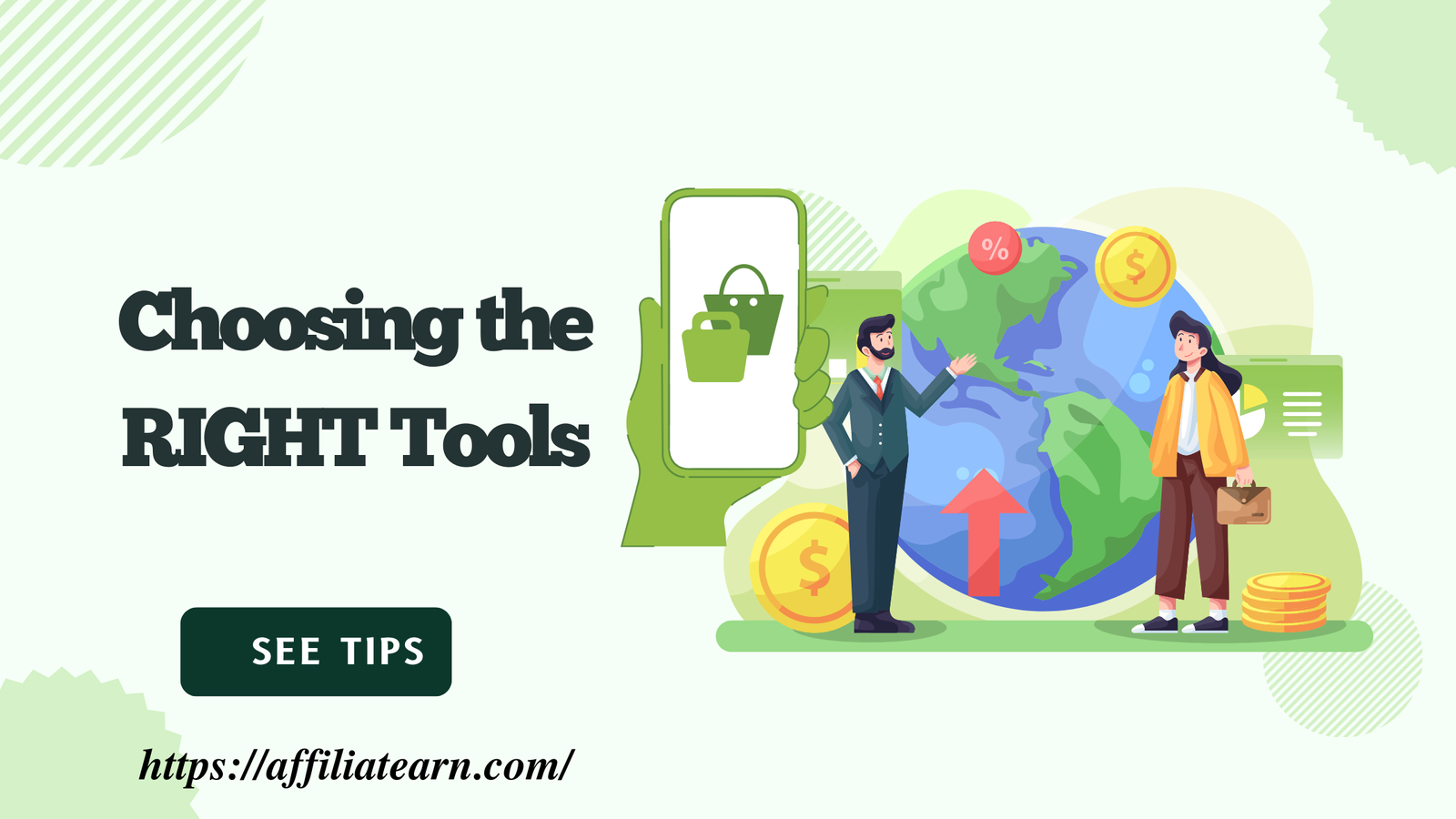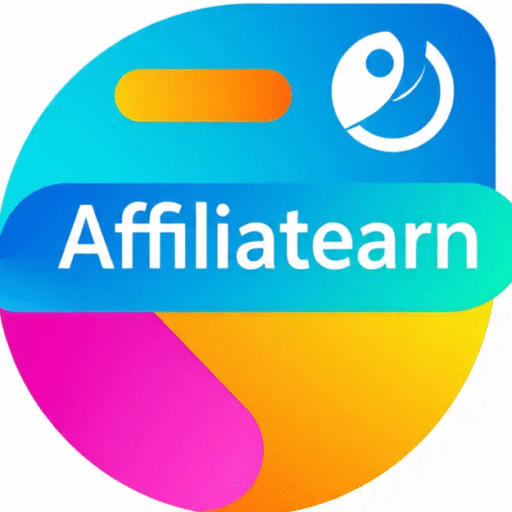Shopify Affiliate Program: A Pathway to Building a Successful Affiliate Marketing Business

In the digital age, affiliate marketing has emerged as a lucrative business model for those looking to earn income online. One of the most promising opportunities in this space is the Shopify Affiliate Program. This program not only offers the potential for significant earnings but also provides the tools and support needed to build a successful online affiliate marketing business.
In this article, we’ll explore the Shopify Affiliate Program and guide you through the essential steps of starting an affiliate marketing business. Whether you’re a beginner or an experienced marketer, these insights will help you navigate the affiliate marketing landscape in 2024 and beyond.
What is the Shopify Affiliate Program?

The Shopify Affiliate Program is a partnership initiative by Shopify that allows affiliates to earn commissions by referring new customers to Shopify’s e-commerce platform. Shopify is one of the leading e-commerce platforms globally, known for its ease of use, robust features, and ability to empower entrepreneurs to set up online stores quickly.
As an affiliate, you can earn a commission for every merchant who signs up for a paid plan through your referral link. This program is ideal for bloggers, content creators, influencers, and digital marketers who focus on e-commerce, business, and entrepreneurship niches.
Identifying a Profitable Affiliate Marketing Business Idea
The first step in building a successful affiliate marketing business is to identify a profitable niche. Here’s how you can do it:
Research Market Demand: Look for niches with a high demand for products or services. For example, e-commerce solutions like Shopify are in high demand as more businesses move online.
Analyze Competition: While competition indicates demand, too much of it can make it difficult to stand out. Find a niche where you can differentiate yourself.
Leverage Personal Interests and Expertise: Choosing a niche you are passionate about will make your content more authentic and engaging. If you have experience in e-commerce or digital entrepreneurship, the Shopify Affiliate Program could be a perfect fit.
Consider Monetization Potential: Ensure that the niche you choose has multiple ways to monetize, such as affiliate marketing, sponsored content, or selling your own products or services.
Choosing the Right Tools:

To succeed in the affiliate marketing business, you need the right tools to streamline your operations and maximize efficiency. Here are some essential tools:
Affiliate Tracking Software: Use software like Post Affiliate Pro or ShareASale to track clicks, conversions, and commissions.
Content Management System (CMS): A CMS like WordPress allows you to create and manage your website content with ease.
SEO Tools: Tools like Ahrefs, SEMrush, and Google Analytics help you optimize your content for search engines, track performance, and improve visibility.
Email Marketing Platforms: Building an email list is crucial for nurturing leads and promoting affiliate offers. Platforms like Mailchimp or ConvertKit can automate your email campaigns.
Social Media Management Tools: Tools like Hootsuite or Buffer allow you to schedule posts, manage multiple accounts, and analyze performance across social media platforms.
Developing a Winning Marketing Strategy:

A solid marketing strategy is the backbone of any successful affiliate marketing business. Here’s how to develop one:
Content Creation: Create high-quality content that addresses the pain points of your target audience. This could be in the form of blog posts, tutorials, product reviews, or video content that highlights the benefits of using Shopify.
SEO Optimization: Use primary keywords like “affiliate marketing business” and secondary keywords like “e-commerce business” to optimize your content. This will help your website rank higher in search engine results, driving organic traffic.
Social Media Promotion: Promote your content on social media platforms where your target audience is most active. Engage with followers, participate in discussions, and share valuable insights to build a loyal community.
Email Marketing: Send regular newsletters with useful content, product recommendations, and exclusive offers to keep your audience engaged and informed.
Paid Advertising: If you have the budget, consider using Google Ads or social media ads to reach a broader audience and drive traffic to your affiliate links.
Monetizing Your Affiliate Marketing Business:

Monetization is the ultimate goal of your affiliate marketing efforts. Here’s how to turn your traffic into revenue:
Promote High-Converting Offers: Focus on promoting products or services that have a proven track record of high conversions. The Shopify Affiliate Program is known for its generous commission structure, making it a profitable option.
Diversify Income Streams: In addition to affiliate marketing, consider offering services such as consulting, online courses, or digital products related to your niche.
Leverage Affiliate Networks: Join multiple affiliate networks to access a broader range of offers. This will allow you to diversify your income sources and increase earning potential.
Optimize for Conversions: Use A/B testing to experiment with different headlines, calls-to-action, and landing pages. This will help you identify what resonates best with your audience and improves conversion rates.
Conclusion:
The Shopify Affiliate Program presents a tremendous opportunity for those looking to start or expand their affiliate marketing business in 2024. By following the steps outlined in this article—identifying a profitable niche, choosing the right tools, developing a solid marketing strategy, and effectively monetizing your efforts—you can build a successful online affiliate marketing business.
Whether you’re just starting out or looking to scale your existing operations, the Shopify Affiliate Program offers the potential to unlock viral earnings. Begin your journey today by applying these actionable tips, staying informed about online business trends, and continuously optimizing your strategy for success.







